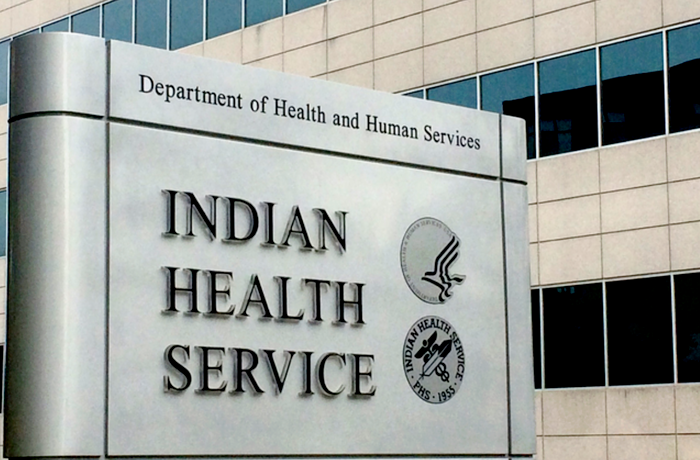
- Details
- By Kaili Berg
Over a two year period, more than 27,000 adverse events were recorded by the Federal Indian Health Service (IHS), which provides care to roughly 2.8 million American Indians and Alaska Natives, including missed diagnoses and giving a patient the wrong medication.
Trends with adverse events are currently tracked at the area and facility level through IHS Safety Tracking and Response, a web-based system that was implemented in 2020, but location specific information on those trends are not included in reports for IHS headquarters, the Government Accountability Office (GAO) said in a report released on July 10.
The GAO is making two recommendations to IHS: That the agency regularly review and compare adverse event data of its geographical areas, and that it make improvements and use best practices in response to those trends.
The GAO conducted this study because American Indian and Alaska Native (AI/AN) people are disproportionately affected by certain health conditions including a higher mortality rate compared with the overall U.S population, according to the report.
According to the report, the GAO reviewed the agency’s use of information technology systems to manage patient care and monitor adverse events. IHS documents were also reviewed, including policies, meeting minutes and agendas. Lastly, GAO interviewed IHS officials from headquarters, area offices, and operating facilities.
According to the report, beginning in July of 2023, IHS has committed to producing a quarterly report with adverse events data and trends, intended to identify and facilitate needed improvements.
GAO is currently waiting to confirm what actions the agency will take in response to the recommendations made. Updated information will be provided later by GAO.
More Stories Like This
Cherokee Nation Proposes $30 Million OU Nursing School Partnership to Expand Health WorkforceHealth Stories We’ll Be Following in 2026
Indian Country Faces Crippling Premiums Under Expired Affordable Care Act Credits
Artificial Intelligence Impacts the Art and Science of Dentistry – AI Part 2
Feds Announce $50 Billion to States for Rural Health, Tribes Barely Mentioned in Awards

